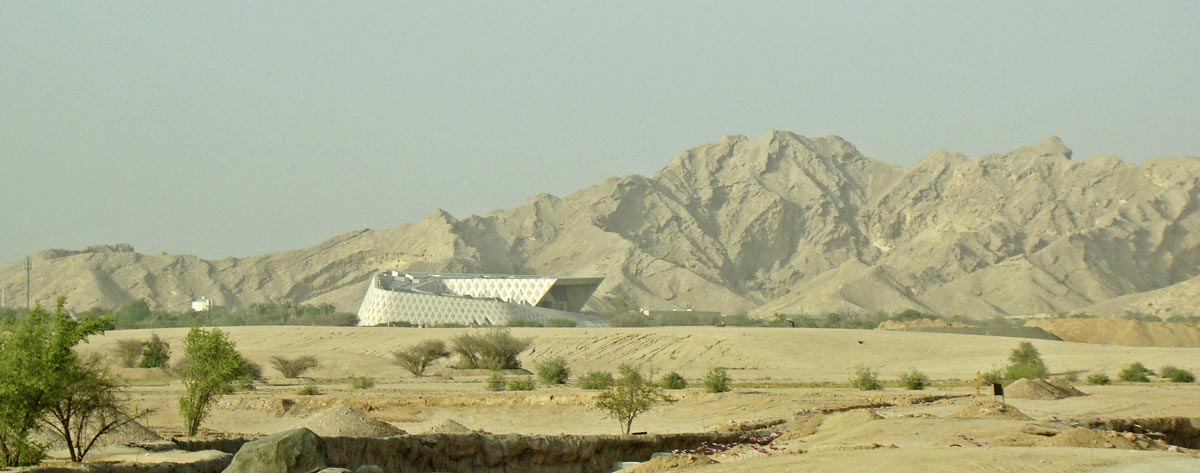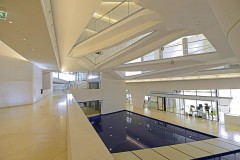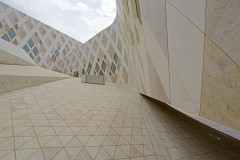Around the world, buildings account for 40 % of end-use energy consumption. Starting from the construction materials employed, producing and transporting them, through the provision of space heating, cooling and hot water, and finishing with lighting and operating a wide variety of electrical equipment, the building sector offers vast potential for saving energy and utilizing energy-efficient technologies that can help to cut back Greenhouse gas emissions.
In the field of sustainable building construction Austria has been investing in research and technological development for years. Pioneering Austrian firms have a wealth of know-how and experience with cutting-edge building technologies, and have been able (frequently in close collaboration with research institutes) to implement pilot projects that attract international attention, and to launch new products.
As part of their funding programs, the Austrian Federal Ministry for Transport, Innovation and Technology (BMVIT) and the Climate and Energy Fund initiate pioneering R&D activities and projects in this field. In the Arab world interest in sustainable building technologies is currently growing apace. Even though the Arab countries still have large reserves of fossil sources of energy, there is an increasing need of technologies to save energy, improve energy efficiency and make use of renewable sources of energy. Because electricity is heavily subsidized in these countries, energy-saving measures have not yet been attractive for consumers up to now. However, as the high cost of such subsidies is increasingly impacting government budgets, interest in strategies and technologies for conserving the resources is growing.
Austrian energy technologies and building innovations have excellent opportunities in these markets. The topics of insulating buildings, multifunctional façade systems, solar heating and cooling, supplying electricity locally by means of photovoltaics, storage technologies, ultra-efficient lighting systems, demand-side management, Smart Home solutions and technologies for conserving refuse and water are particularly relevant.
One cutting-edge flagship project is the Sheikh Zayed Desert Learning Center, implemented in the United Arab Emirates and completed in 2014; the Vienna partnership of architects Chalabi Architekten & Partner managed the project, which demonstrates impressively how a pioneering overall strategy for a sustainable building can be successfully implemented under extreme climatic conditions.
Many of the technologies and innovations employed there have been developed by Austrian companies, and some of these achieved commercial viability beforehand by means of research work and pilot projects funded within the programs “Building of Tomorrow” (Austrian Ministry for Transport, Innovation and Technology) and “Neue Energien 2020” (Climate and Energy Fund).
Share


